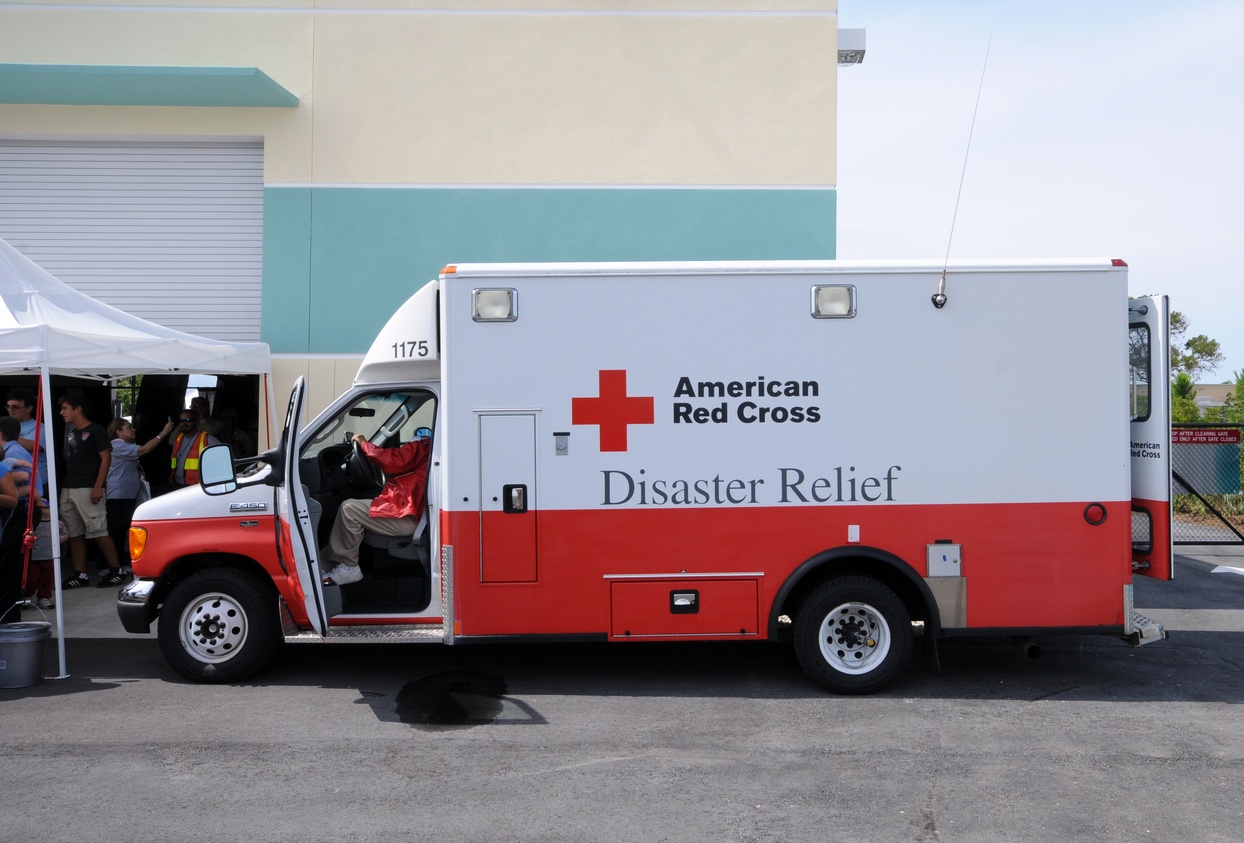
Born in 1821 in North Oxford, Massachusetts, Clara Barton became an educator before discovering her calling during the American Civil War. The start of the war found Barton in Washington, D.C., and acting on a desire to serve her country, she quickly volunteered to nurse Union soldiers injured in the Baltimore Riot.
Upon attending to these soldiers, she discovered they were “her boys” – young men with whom she had grown up, some of whom she had taught. She quickly perceived that the troops were in need of supplies, ranging from basics like food and clothing, to medical supplies, bedding, and even personal support. Barton made it her goal to solicit and gather donations, and distribute supplies to soldiers of the Civil War.
Angel of the Battlefield
After the battle of Cedar Mountain in 1862, an overwhelmed army surgeon saw Barton appear in the middle of the night at the head of a wagon-load of supplies. He later recalled the incident: “I thought that night if heaven ever sent out a[n] angel, she must be the one – her assistance was so timely.”
This event lead Barton to being known as the Angel of the Battlefield, and she continued to serve troops at battles in Fairfax Station, Antietam, Fredericksburg, Harpers Ferry, Charleston, and many more. Along with supplies, Barton sat with the soldiers, listened to their woes, wrote letters for them to their families, and provided encouragement in their darkest hours.
The Red Cross
In 1869, Barton traveled to Europe, where she encountered the Red Cross organization, which was headquartered in Geneva, Switzerland. The founder of the global Red Cross network, Henry Dunant, operated on the philosophy that sick and wounded troops should be protected regardless of their nationality. He worked to establish international agreements to this end, and to form national societies to voluntarily give aid on a neutral basis.
The first treaty based on Dunant’s idea was negotiated in Geneva in 1864 and was ratified by 12 European nations. Variously known as the Geneva Convention, Geneva Treaty, or Red Cross Treaty, Barton would bring this idea to the United States, and fight for its ratification here.
After corresponding at length with Red Cross officials in Switzerland, Barton was recognized as a strong leader who would be able to influence the United States to join the global Red Cross. Although rejected by one President (Rutherford B. Hayes), and stymied by the assassination of another (James Garfield), in 1882, President Chester Arthur signed the Red Cross Treaty, and Senate ratified it a few days later.
Although the global Red Cross was originally focused on treating victims of war, in the United States, Barton focused its efforts toward helping victims of natural disasters. In 1884, the American Red Cross proposed an amendment to the Geneva Treaty, calling for its expansion of Red Cross relief to include victims of natural disasters.
Barton resigned as president of the American Red Cross in 1904, and continued to pursue and promote other interests in education, women’s suffrage, civil rights, and prison reform. Barton established the National First Aid Association, a short-lived organization that emphasized basic first aid instruction, emergency preparedness, and the development of first aid kits.
Barton died in 1912, and is buried in her family cemetery in Oxford, Massachusetts. Her legacy of service to humanity continues to this day through the services and dedication of employees and volunteers of the American Red Cross.

Read more about Clara Barton at the following sites:






